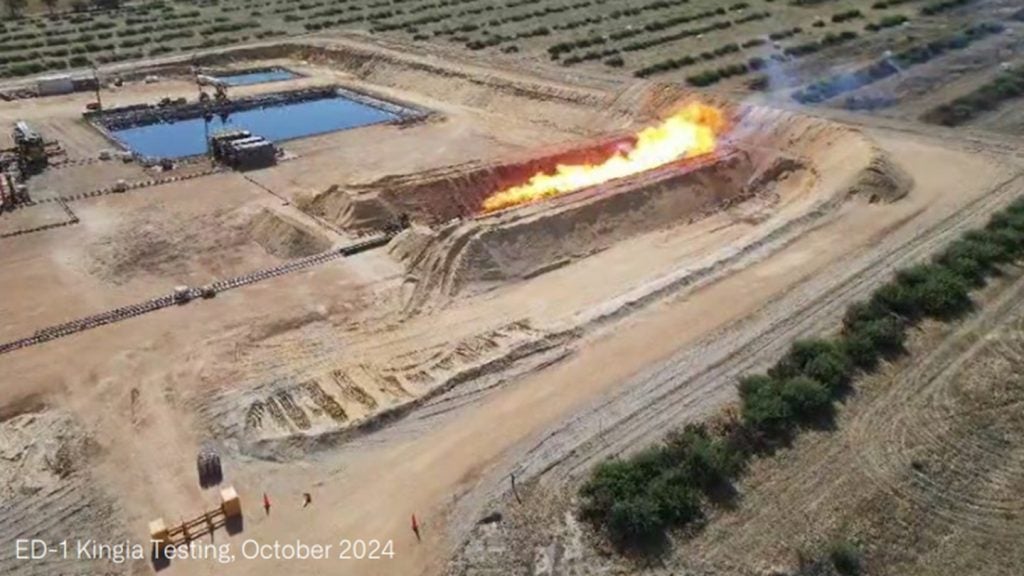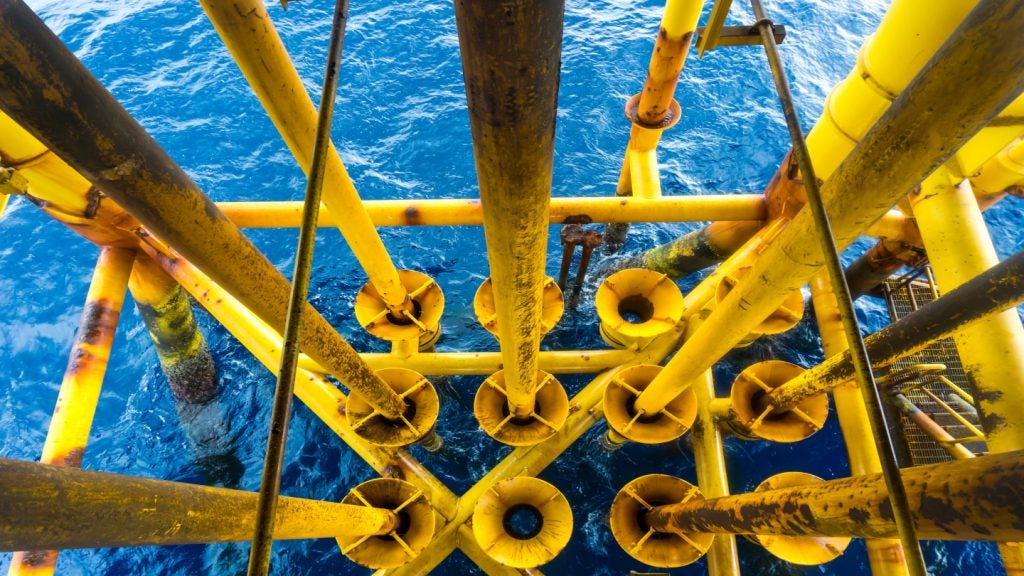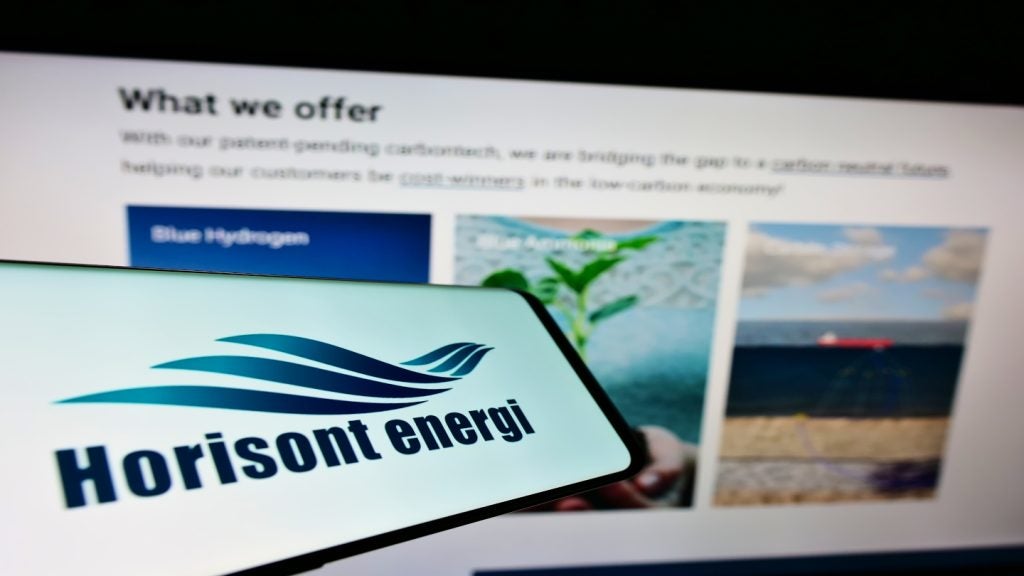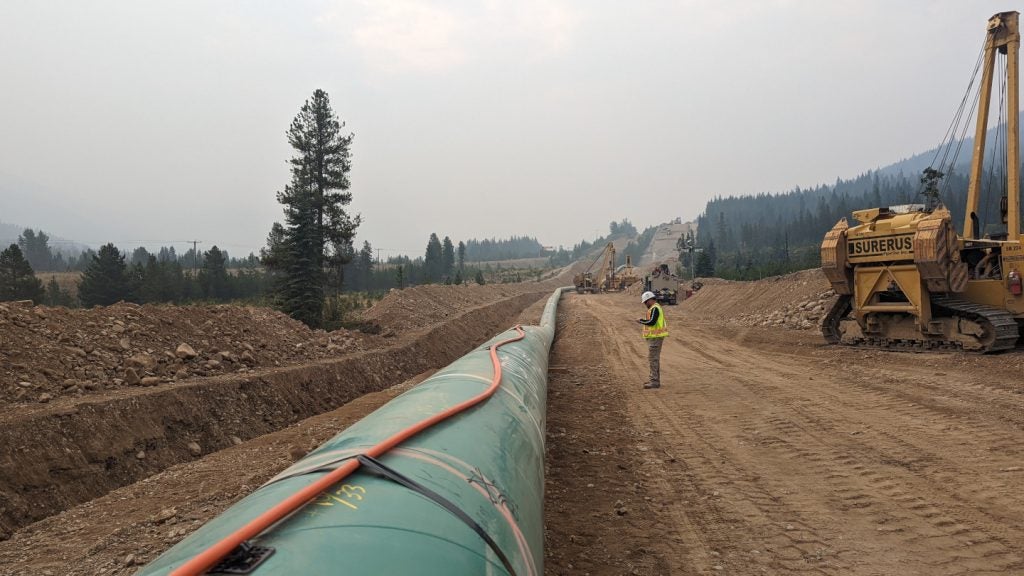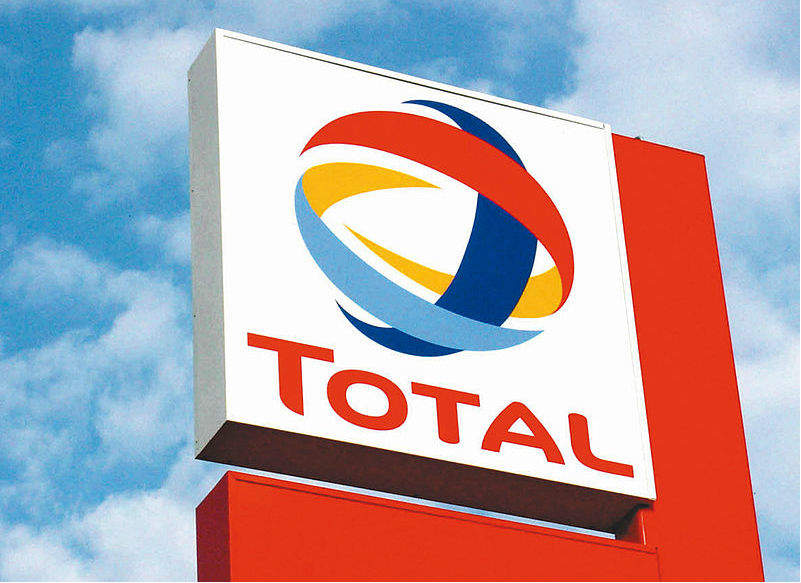

Total was charged £1.125m by Aberdeen Sheriff Court in December 2015 after huge amounts of gas began leaking from its Elgin platform in March 2012. It is the largest fine ever to be issued in the North Sea, but the actual effects are uncertain considering it is about what Total would expect to pay for several meters of piping.
During the case, the court heard that workers had to run for their lives when the leak occurred – luckily, no one was injured, but 38 staff members were evacuated from the main platform, which is about 150km off the coast of Aberdeen.
Observers said at the time that a disaster was probably only averted because heavy winds kept the plume of gas away from nearby flares. If the wind had blown the other way, the gas could have hit a flare, causing a deadly explosion.
Delays and damage
The leak was plugged with heavy mud after 51 days of releasing gas into the environment. During that time, 6,000t of gas escaped from an underground reservoir, which is enough to have filled 300 road tankers. Petrol condensate spread across the sea around the rig causing serious damage to marine life.
To add to the problems, Elgin, which is the platform accounting for 3% of all UK gas production, was closed for nearly a year after the leak. Production on the nearby Shell-operated Shearwater platform was also shutdown.
How well do you really know your competitors?
Access the most comprehensive Company Profiles on the market, powered by GlobalData. Save hours of research. Gain competitive edge.

Thank you!
Your download email will arrive shortly
Not ready to buy yet? Download a free sample
We are confident about the unique quality of our Company Profiles. However, we want you to make the most beneficial decision for your business, so we offer a free sample that you can download by submitting the below form
By GlobalDataThe £1.125m figure was calculated by hearing testimonies about the seriousness of the gas leak in terms of harm to people and the environment, the degree that Total was to blame, the history of previous violations, what efforts Total made to mitigate the spill and to what extent it cooperated with the investigations.
Health and Safety Executive (HSE), the UK’s independent regulator for work-related health and safety, investigated the Elgin leak. Operations manager Russell Breen labelled the incident as "foreseeable and entirely preventable", and said that there were "a number of failures on the part of Total, which contributed to the blowout."
"Industry must learn from this, it is an important reminder of the ever-present hazards with oil and gas production and the need for them to be rigorously managed," he added. "This could have easily led to loss of life."
Total E&P UK managing director Elisabeth Proust said after the case that Total had cooperated fully with the investigations and has shared the lessons learned from the incident widely across the industry.
"We regret the gas leak from the Elgin platform in 2012 and accept the fine handed down by the court," she said. "Following the incident, Total carried out its own investigation to identify the causes of the incident and what can be done to prevent similar incidents in future."
The reality of fines: a drop in the ocean
Due to the degree of damage to the environment, there has been some criticism about the fine and scepticism over whether sufficient safety measures really are being enforced in the North Sea. Many have branded the charges inefficient and barely a dent in the huge amounts of money companies such as Total pay for basic equipment, not to mention how much they make every year.
The offshore wing of the National Union of Rail, Maritime and Transport (RMT) termed the ruling as merely a "slap on the wrist" that would go no way to preventing it from happening again. It continued that the fine would be easily absorbed by the company’s profits.
"For a giant global player like Total, this fine can be written off as petty cash and a minor inconvenience, and does nothing to hold the senior management of the company to real and genuine corporate account," said RMT general secretary Mike Cash. "RMT are angry that the findings are not being discussed openly so that real lessons can be learned to prevent a repetition."
The fine is small for a massive cooperation, but environmental groups such as the WWF had feared lower punishment still. Insignificant fines are not uncommon in the oil and gas industry; just last November, Shell was fined $22,500 after 200t of oil leaked from a pipeline at its Gannet Alpha platform in 2011 – the worst oil leak in a decade in the North Sea.
WWF Scotland director Lang Banks branded the fine "paltry" and "disappointing".
"Despite being responsible for the worst North Sea spill in a decade, the level of the fine is literally a drop in the ocean when compared to the billions earned by Shell annually," he said. "When it comes to protecting the marine environment and its own employees it’s absolutely right that oil companies are prosecuted for their mistakes… It’s therefore disappointing that the fine was not much larger in this case."
Between 2000 and 2012, North Sea oil companies were fined just seven times for oil leaks, despite more than 4,000 being recorded. The only fine that comes close to Total’s was when Shell was fined £1m after two workers were killed on the Brent Bravo installation in 2003, although the company was also given a 10% discount for cooperating with the HSE.
Jack Molloy from the RMT has said that the recent fines against Total are still insignificant against the company’s profits.
"How hefty is hefty when a firm is making a million pounds an hour?" said Molloy. "Total, like so many other producers, has come into court, pleaded guilty and begged forgiveness, and assured us all that it won’t happen again."
Sending a message to the industry
Molloy also believes that, rather than allowing Total to merely pay the fine and move on, the investigation reports should be exposed, as there is a strong chance that some of the key information about the cause and handling of the leak will never be made public.
"It would send a pretty powerful message to the industry that it would be held to account publicly, rather than just being allowed to write off its fine in its accounts at the end of the year."
He has also expressed concerns that one of Total’s other seven wells could suffer the same fate as Elgin if the company doesn’t know why the leak was caused.
"The gas leak at the Elgin platform endangered lives, cost the company millions and added to climate change," said Banks.
However, he also said that it’s good to see a charge that reflects the seriousness of the incident, by the industry’s standards.
Hopefully the outcome of this case will send a clear message to the rest of the oil and gas industry to massively improve safety procedures," he said.
Total has admitted it knew of a problem with the well a month before it burst, shortly after it happened in March 2012. Despite the company insisting that it is doing everything possible to prevent similar incidents in the future, there is not a great deal of trust in them doing so.
Unfortunately, oil and gas companies have a reputation for ignoring problems until it is too late. Another case was when a fatal accident inquiry in Aberdeen in 2006 ruled that Shell had failed to properly repair a leaking pipeline that it knew was at risk, resulting in workers’ deaths from breathing hydrocarbon fumes – a fate which was preventable.
The hope is that a hefty fine will ensure that oil and gas companies have more foresight when dealing with accidents. Although, while charges barely make a dent in profits, it’s hard to see where the impetus will come from to make changes.



